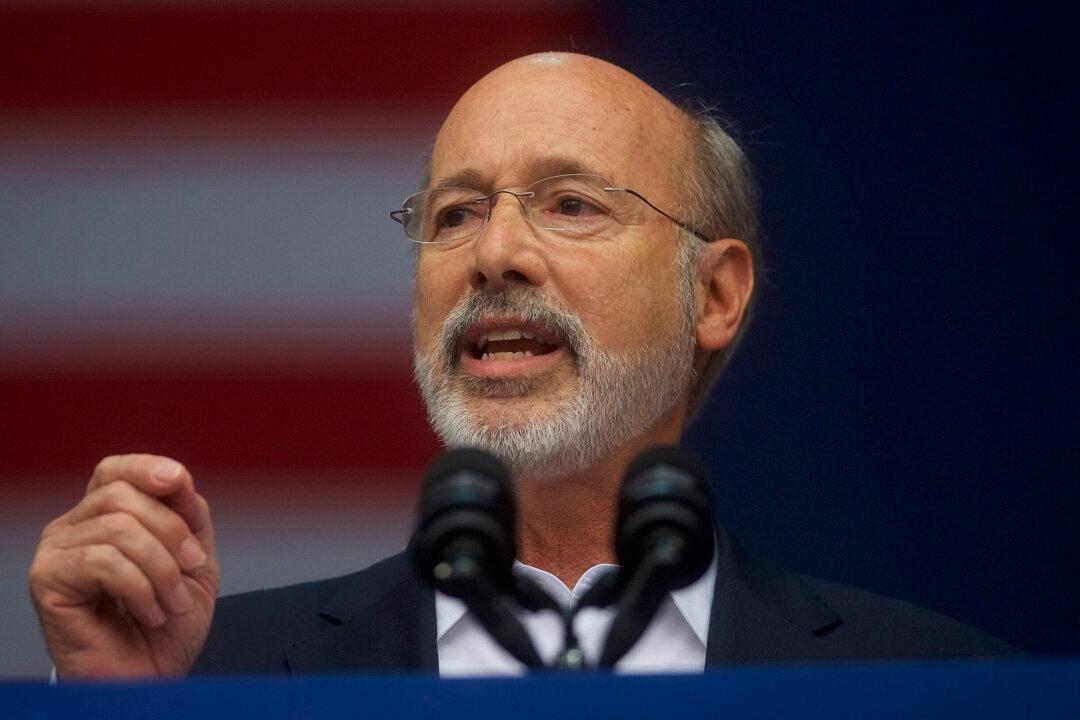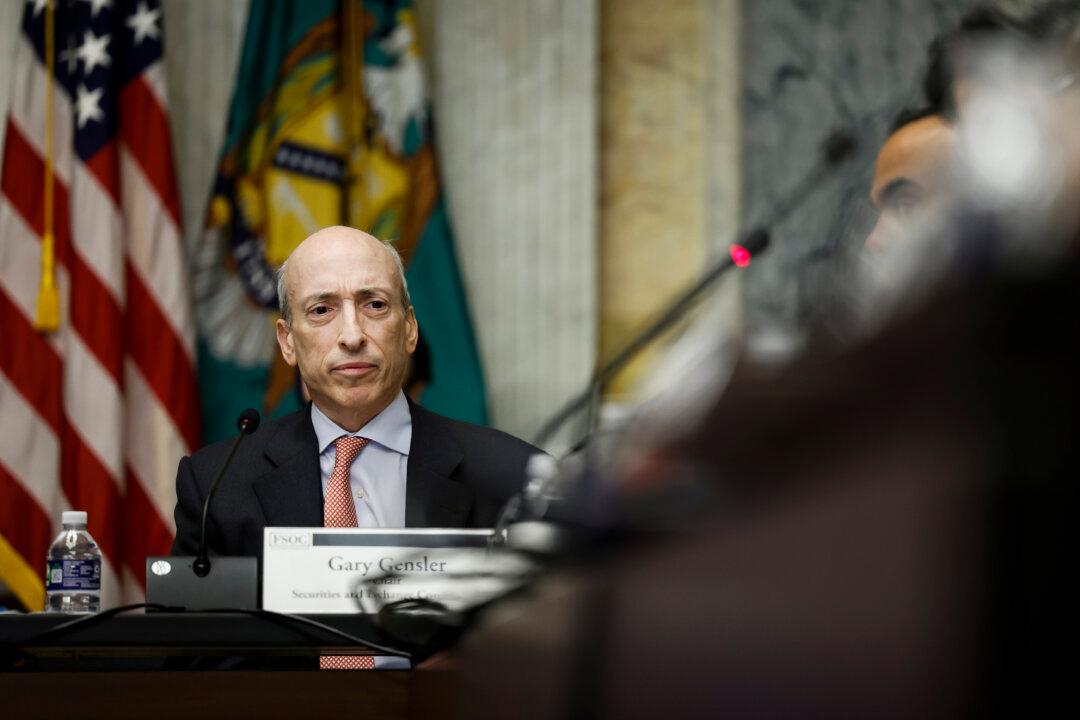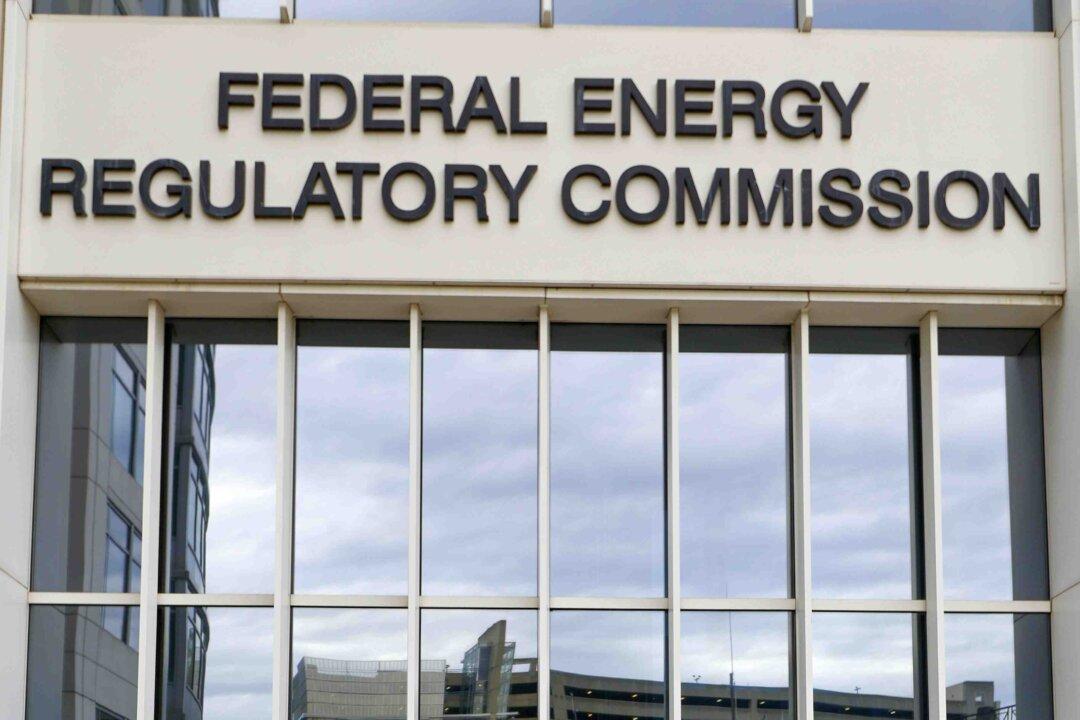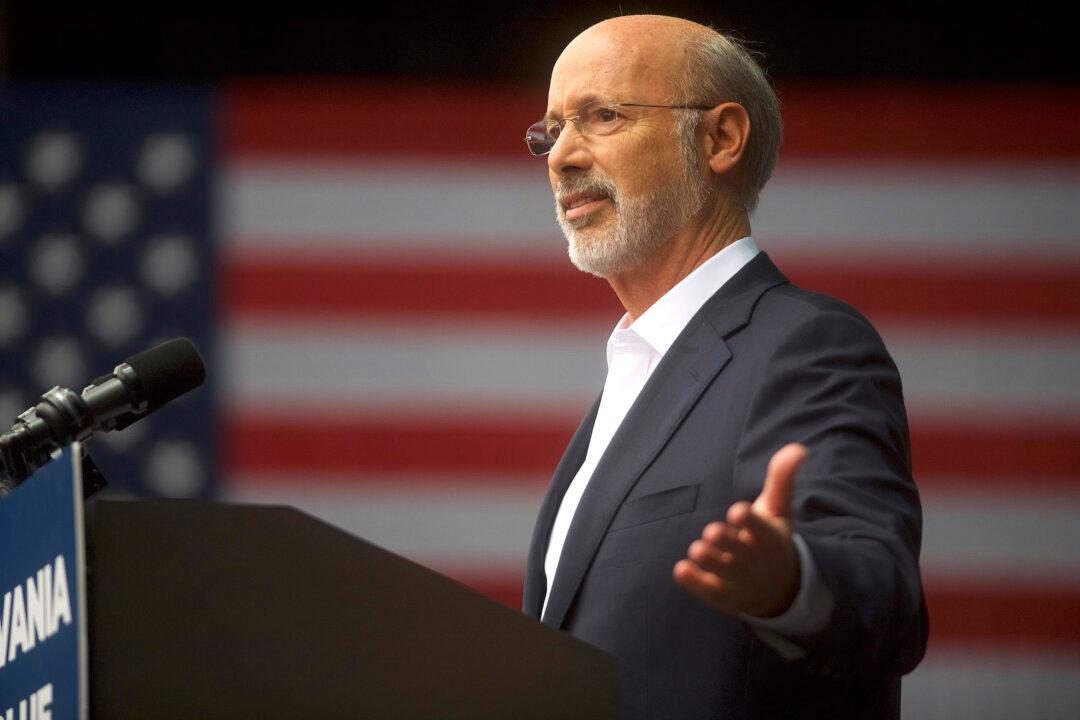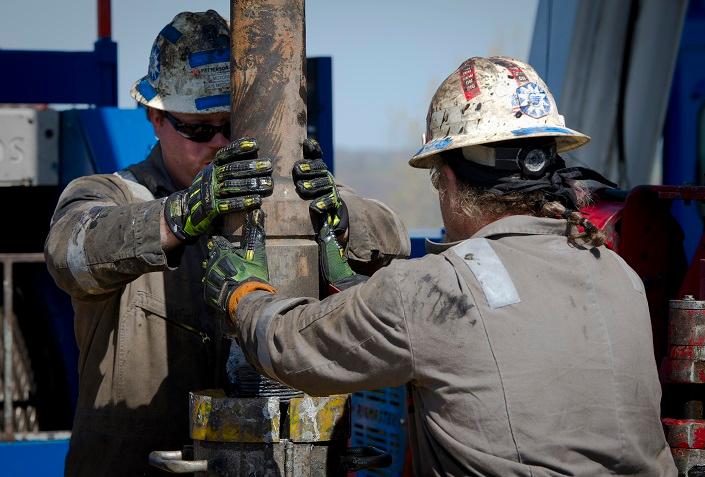Pennsylvania is now poised to join a regional climate change agreement that is based on faulty assumptions about carbon dioxide, according to scientists and researchers who have testified before the state’s General Assembly over the past year.
In September, Gov. Tom Wolf, a Democrat, vetoed legislation that would have prohibited his administration from imposing new environmental regulations without the approval of elected representatives in the House and Senate.
